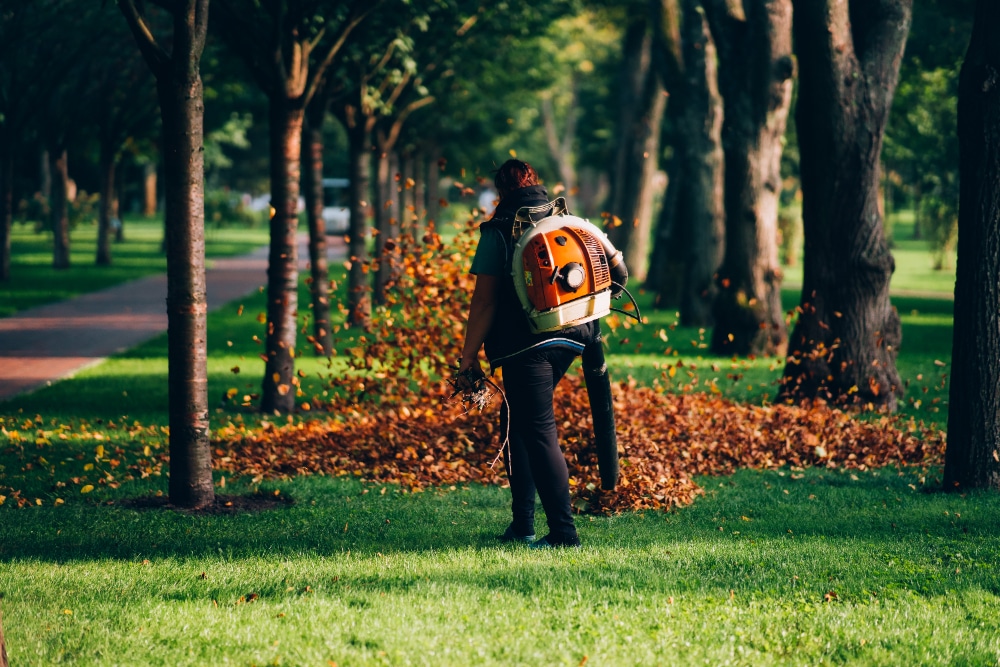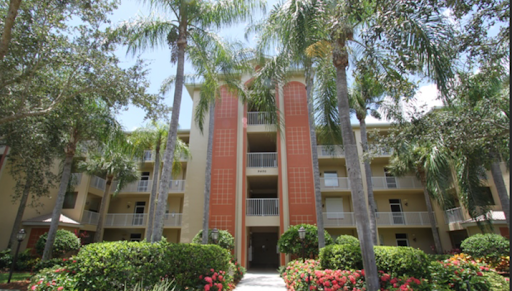Having pets is a joy that brings love, companionship, and sometimes a wagging tail or a gentle purr to our lives. As pet owners, it’s essential to be mindful of our furry friends’ impact on the community we live in. Let’s explore how to manage a community with pets, ensuring a harmonious and pet-friendly environment for everyone.
Understanding Community Guidelines
Before bringing a pet into your community, familiarize yourself with any rules or guidelines set by your homeowners’ association or property management. These guidelines typically outline specific pet-related regulations, such as leash requirements, waste disposal rules, and noise considerations. Following these guidelines helps maintain a positive relationship between pet owners and non-pet owners in the community.
Responsible Pet Ownership:
Being a responsible pet owner is key to fostering a pet-friendly atmosphere in your community. This involves ensuring your pet is well-behaved, properly trained, and up-to-date on vaccinations. Leash your dog when in common areas, clean up after them promptly, and address any excessive barking or other disruptive behaviors.
Introduce Your Pet to Neighbors:
Taking the time to introduce your pet to neighbors can go a long way in building a sense of community. Letting others know your pet’s name, temperament, and any important information can help alleviate concerns and create a more pet-friendly environment. Consider organizing a casual meet-and-greet with fellow pet owners to foster connections and share experiences.
Effective Waste Management:
One common concern in pet-friendly communities is the proper disposal of pet waste. Remember to bring waste bags when you take your dog for a walk and make sure to clean up after them right away. Many communities provide designated pet waste stations equipped with disposal bags and trash bins. Utilize these resources to keep common areas clean and odor-free.
Noise Considerations:
Barking or meowing can be a source of disturbance for neighbors, especially in close-knit communities. To manage this, invest time in training your pet to minimize excessive vocalization. If you notice persistent barking, address the issue promptly and consider seeking advice from a professional trainer.
Designated Pet Areas:
Encourage the establishment of designated pet areas within the community. These can be spaces where pets can socialize off-leash, providing a controlled environment for play and interaction. Work with your community management to identify suitable locations for these areas, ensuring they are well-maintained and safe for both pets and their owners.
Community Events for Pets:
Organizing community events centered around pets can foster a sense of camaraderie among residents. Consider hosting a pet-friendly gathering, such as a doggy playdate or a pet costume contest during holidays. These events not only bring joy to pet owners but also create opportunities for neighbors to bond over their shared love for animals.
Emergency Preparedness:
In the event of an emergency, it’s crucial to have a plan in place for your pets. Create a pet emergency kit with essential supplies such as food, water, medications, and important documents. Share this information with neighbors, and consider forming a pet-friendly community emergency response group to support each other in times of need.
Addressing Concerns:
If conflicts or concerns arise between pet owners and non-pet owners, open communication is key to finding solutions. Approach discussions with empathy and a willingness to compromise. Whether it’s addressing noise complaints or working together to improve shared spaces, resolving issues collaboratively contributes to a more harmonious community.
Pet-Friendly Amenities:
Work with your community management to explore the possibility of incorporating pet-friendly amenities. This could include dog parks, pet waste stations, or even pet-friendly communal gardens. By enhancing the community with these features, everyone benefits, creating a positive environment for both pet owners and non-pet owners alike.
Living in a pet-friendly community is a rewarding experience that requires collaboration, understanding, and responsible pet ownership. By following community guidelines, being considerate of neighbors, and actively participating in the well-being of the community, pet owners can contribute to a harmonious and inclusive living environment. In the heart of Bradenton, FL, where community matters, Compass Rose Management is here to guide the way in fostering a harmonious living experience for all – furry friends included! As we navigate the ins and outs of a pet-friendly community.
As your partner in Community Association Management in Bradenton, FL, Compass Rose Management is dedicated to promoting a culture of inclusivity, respect, and camaraderie among neighbors. Ultimately, a pet-friendly community is not just about the pets but also about the people who come together to create a shared and enjoyable space for everyone.








Leave A Comment
You must be logged in to post a comment.